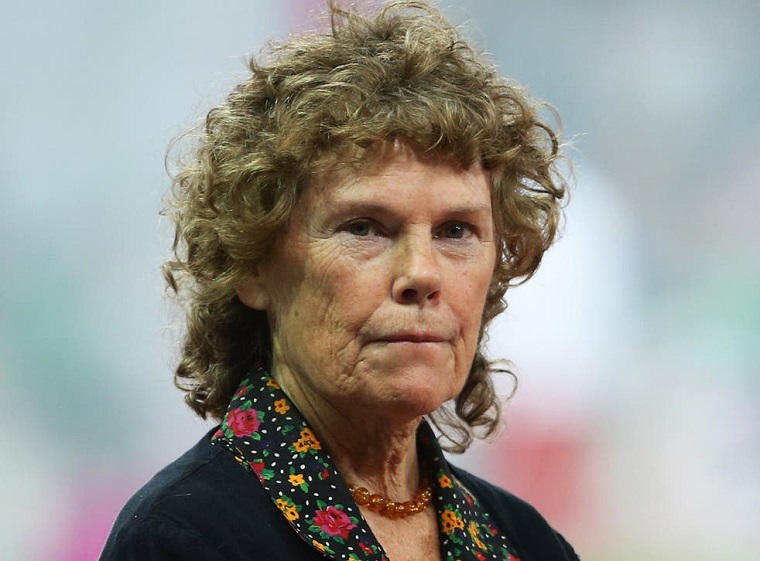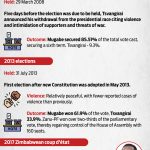Lord Howell of Guildford Conservative: My Lords, I am sure that the Government’s present concerns and those of the noble Baroness, Lady Hoey, are quite correct, but will the Minister accept that Zimbabwe is a vast country of potentially great wealth? Will he accept that, in the longer term, we will need its markets, its raw materials and its support in keeping the Russians and Chinese from dominating the whole of Africa? Despite the present difficulties—and remembering that Zimbabwe was once a member of the Commonwealth and could be again, although clearly not now—will the Minister accept that these things should be kept in the back of our minds?
Lord Ahmad of Wimbledon Minister of State (Foreign, Commonwealth and Development Office): My Lords, I agree with my noble friend, who speaks on these matters with great insight and experience. Membership of the Commonwealth and its unique nature as an institution provide a real alternative to countries around the world. However, any country seeking to join must abide by standards, and, of course, that decision is ultimately for all members of the Commonwealth.
Baroness Kingsmill Labour:
My Lords, I have just returned from Zimbabwe. I was a member of the Commonwealth observer group, and we did an extensive report, the interim statement of which Members can find in the Library. A lot of factors, many of which were also raised in 2018, led us to doubt the credibility of this election. Will the Minister agree that the ideal would be for Zimbabwe to re-enter the Commonwealth, but it can do so only when it meets the standards of proper democracy, the rule of law and free elections?
Lord Ahmad of Wimbledon Minister of State (Foreign, Commonwealth and Development Office):I answered the noble Baroness’s question in part in response to my noble friend, but I agree with her. I commend her efforts, and those of all the observer missions, in observing the election. We hope that, ultimately, inclusive and pluralist democracies emerge, and that Zimbabwe can find its way back into the Commonwealth.
Lord Oates Liberal Democrat: My Lords, in light of the developments in Zimbabwe—the widespread violence and intimidation of voters in the rural areas, the abduction and torture of many opposition activists and the continued detention of opposition Members of Parliament—will the UK Government be rather less equivocal and make absolutely clear that they do not regard these elections as free and fair and that the Government of Zimbabwe have no legitimacy? Will they make clear that, as long as this is the case, it will not be readmitted to the Commonwealth, as far as Britain is concerned, and that we will work with SADC colleagues to try to find resolutions to the problem?
Lord Ahmad of Wimbledon Minister of State (Foreign, Commonwealth and Development Office): My Lords, I commend the noble Lord’s work as an observer of Zimbabwe, and I am sure that he has seen the two statements that we have issued since the elections. I agree with him about the importance of working with key regional partners, including SADC, which is very much deployed and making the same representations that we are, along with other key interested parties, to ensure that there is a pluralist approach when it comes to democracy. Democracy needs stability, security and inclusivity to be sustainable—that point has been made consistently to the Zimbabwean authorities.
Continued next page
(581 VIEWS)


